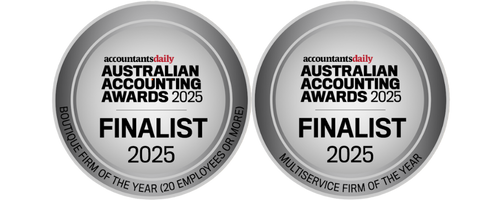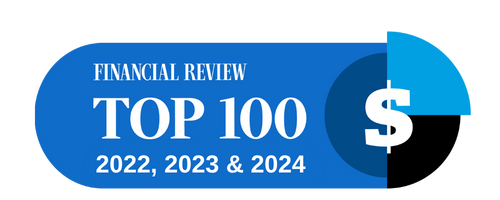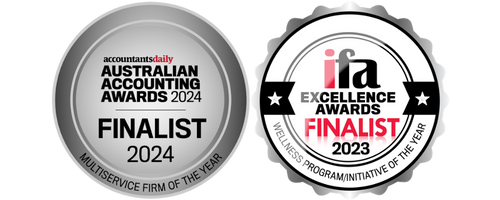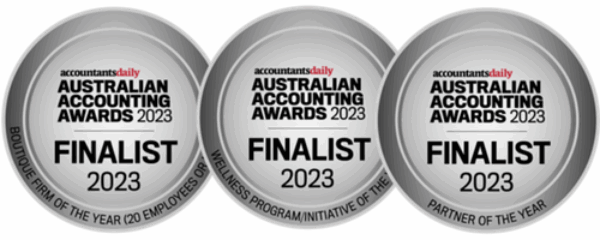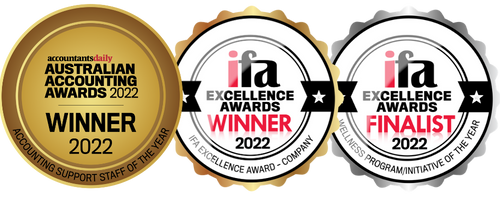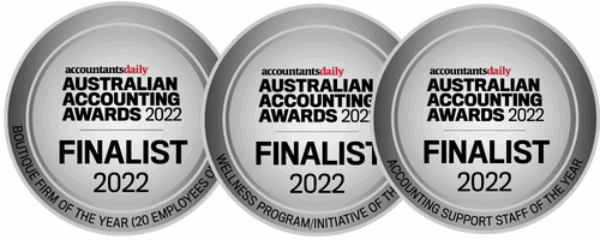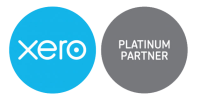The announcement of the Federal Budget delivered on Tuesday night may have left you considering what the main outcomes and implications are to you and your business.
The team at Walshs have put together a summary of the key considerations and take-aways from Tuesday’s Federal Budget announcement for you below. As always, we are here to work with you towards your financial goals and provide strategic advice to get you there.
Should any of the information below raise questions for you about your personal circumstances I encourage you to make contact with us.
Personal Tax
Changes effective from 1 July 2021
- Income Tax Rates from 1 July 2021: no changes were made to personal tax rates, with the Government having already brought forward the Stage 2 tax rates to 1 July 2020. The Stage 3 personal income tax cuts will commence from 1 July 2024.
- LMITO – Low and Middle Income Tax Offset: will continue for the 2021-2022 income year (previously due to cease on 30 June 2021). The tax offset concession is available to individuals where the taxable income is less than $126,001. The offset can be worth up to $1,080 for individuals and $2,160 for dual income couples.
- Medicare Levy Low-Income Thresholds: the threshold for individuals will increase from $22,801 to $23,226, and for families from $38,474 to $39,167. For each dependant child or student, the family income thresholds will increase from $3,533 to $3,597.
Changes effective from 1 July 2022
- Self-Education Expenses: currently the first $250 of a prescribed course of education is not tax deductible, this threshold is to be abolished.
- Definition of Resident Taxpayer: the current rules relating to residency status are complicated, uncertain, and difficult to apply. The new primary test will be known as a “bright line” and will define an Australian tax resident as a person who is physically present in Australia for 183 days or more in any income tax year. Where an individual does not meet the primary test, they will be subject to secondary tests based on physical presence and other measurable, objective criteria, yet to be announced.
Business Tax
- Immediate 100% Tax Write-Off: The current full expensing of eligible depreciating assets will be extended until 30 June 2023 (previously 30 June 2022). The concession allows businesses to deduct the full cost of eligible depreciable assets of any value acquired from 6 October 2020 and first used and installed ready for use by 30 June 2023.
- ATO Debt Recovery: Small businesses, including individual sole traders, will be allowed to apply to the Small Business Taxation Division of the Administrative Appeals Tribunal to pause or modify ATO debt recovery actions, such as garnishee notices.
- Storm and Flood Grants: An income tax exemption will be available to primary producers and small businesses for grants granted due to storms and floods.
- Superannuation Guarantee: From 1 July 2022, the current $450 per month minimum wage threshold under which employees do not have to pay SG contributions for their employees, will be abolished.
Superannuation
Most of the changes announced in relation to Superannuation will be effective from 1 July 2022, depending on the date of the Royal Assent.
- Superannuation Guarantee: this is to be increased from 9.5% to 10% effective 1 July 2021. It is currently legislated to then increase at 0.5% per annum until it reaches a rate of 12% from 1 July 2025.
- Work Test for Voluntary Contributions: individuals aged 67-74 years of age (inclusive) will be allowed to make non-concessional contributions and salary contributions without meeting the current work test which states that you must work 40 hours in a consecutive 30-day period. Individuals aged 67-74 years will stull have to pass the work test to make personal tax-deductible contributions. This concession will allow older Australians to be able to contribute more to tax-effective superannuation.
- Downsizer contributions: the age limit from which downsizer contributions can be made will reduce from 65 to 60 years of age. The downsizer contribution allows eligible individuals to make a one-off contribution to their superannuation fund of up to $300,000 per person following the sale of their main residence.
- Residency requirements: the rules will be relaxed so the need to pass the central control and management test will be increased from two to five years. This relaxation will allow SMSF members to contribute to their superannuation fund whilst temporarily overseas.
- First Home Super Saver Scheme: the maximum releasable amount of voluntary contributions that can be withdrawn to assist first home buyers will be increased from $30,000 to $50,000. Under the current FHSS scheme an eligible individual can apply to have a maximum of $15,000 from any one income year up to a total of $30,000 contributions across all years.
- Non-concessional contributions bring forward rule: individuals will be able to make use of the “bring forward” non-concessional contribution. For example, 3 x annual NCC limit of $100,000, without needing to pass the work test up to age 74 (currently 65 years).
If you would like any more information or advice on any other matters related to the above content, please contact Walshs on 07 32215677 or email your relevant partner advisor




